6 Amazing Benefits of Turmeric in the Garden
- June 13, 2024
- 0 comment
Turmeric, widely recognized for its health benefits due to its active ingredient curcumin, is not only beneficial for human health but also offers significant advantages in gardening. This potent antioxidant with antimicrobial, anti-inflammatory, and hepatoprotective effects can greatly enhance your gardening efforts, promoting a healthier, chemical-free environment.
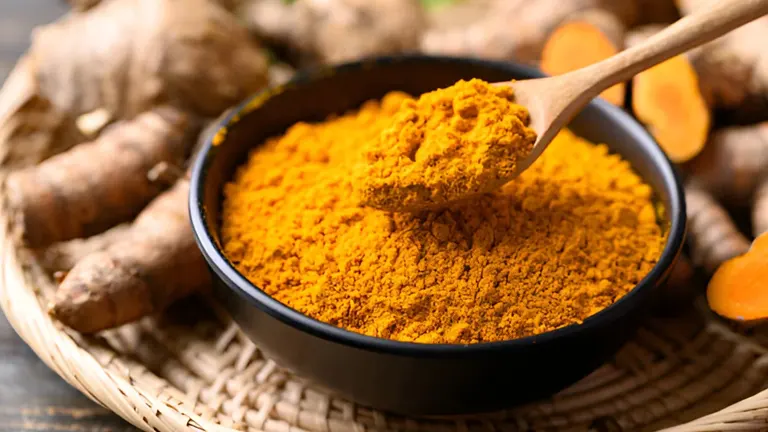
Here are 6 Ways you can use Turmeric to Boost your Garden Naturally!
1. Ant Repellent
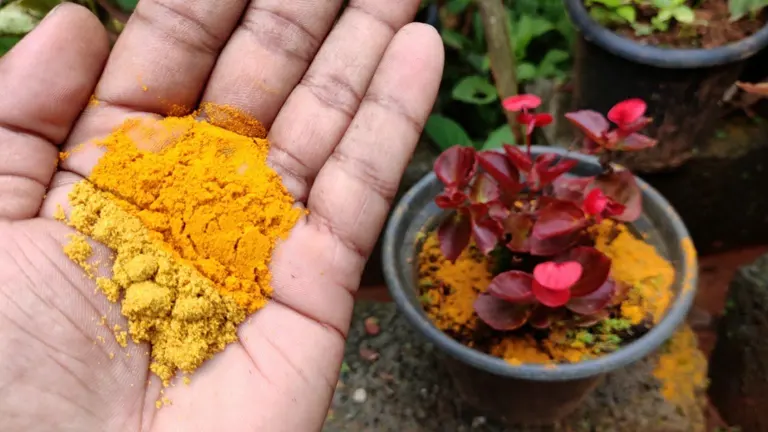
Turmeric’s strong odor makes it an effective natural deterrent against ants, which can threaten plant health by fostering harmful mealybugs. Simply sprinkle a few pinches of turmeric powder around your plants and over the soil to repel these unwanted visitors. This method disrupts the symbiotic relationship between ants and mealybugs, helping to protect your garden from these invasive pests.
2. Soil Pest Control

Turmeric can be used to combat soil pests like fungal root rot and fungus gnats. Mix about one tablespoon of turmeric per gallon of soil when preparing your potting mix or repotting plants to infuse the soil with turmeric’s protective properties. For established plants, dissolve one tablespoon of turmeric in a gallon of water and use this solution to thoroughly water the affected plants, safeguarding them against soil-borne diseases.
3. Healing Tree Wounds
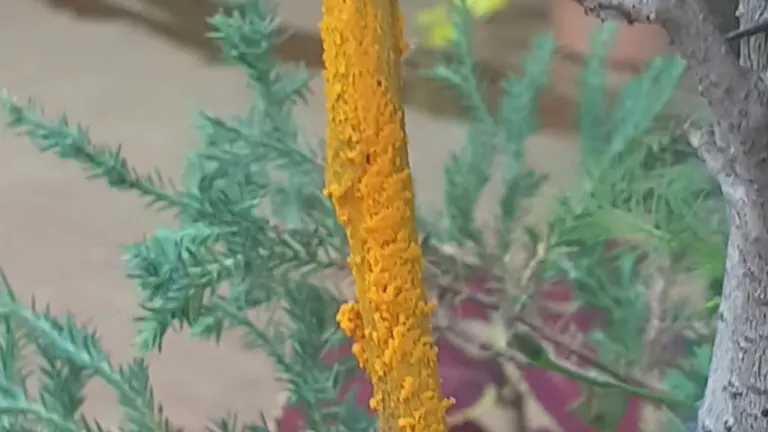
Turmeric’s natural antiseptic and antibacterial properties make it an excellent choice for treating wounds on plants. Applying a paste of turmeric directly onto cuts or injuries helps prevent infections and promotes faster healing. This treatment is especially useful for healing wounds caused by pruning, grafting, or accidental damage.
4. Treating Rose Dieback Disease
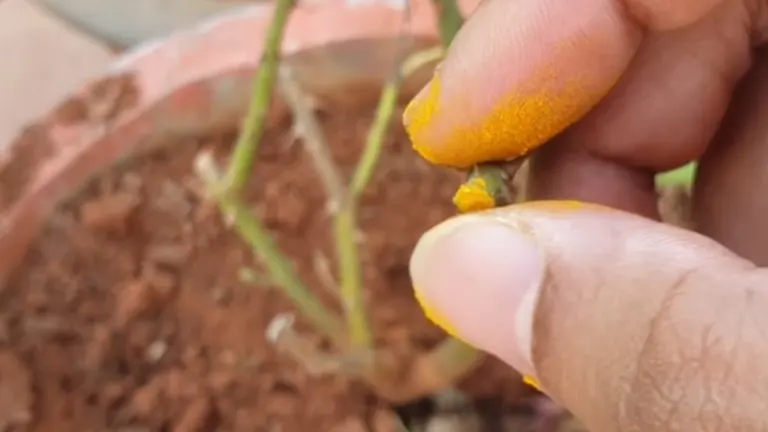
Rose dieback disease, which results in the browning and eventual death of rose stems, can be effectively managed with turmeric. After pruning the affected branches, apply turmeric paste to the cuts to help halt the disease’s progression and protect your roses from decline.
5. As a Rooting Agent
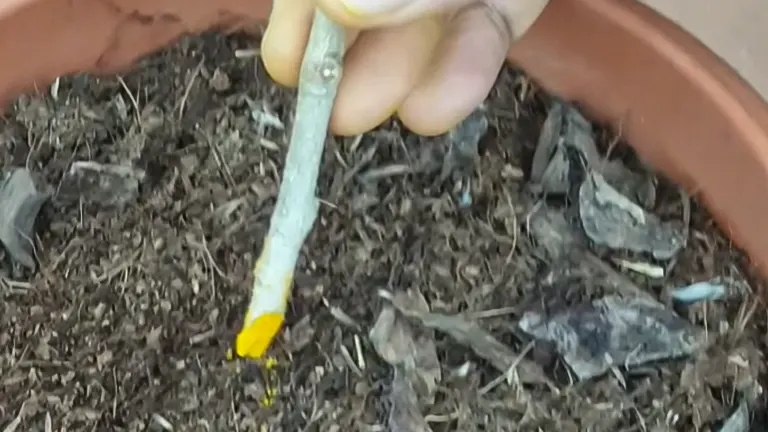
While turmeric is not a rooting hormone, its antimicrobial and antifungal effects can enhance the success rate of rooting plant cuttings. Applying turmeric to cuttings helps prevent fungal and bacterial infections, increasing the likelihood of successful plant propagation.
6. Pesticide Spray

Create a homemade pesticide spray using turmeric to treat fungal diseases like powdery mildew. Mix two teaspoons of turmeric powder in one liter of water for a basic treatment. For a more robust solution, especially in the absence of neem oil, enhance the mixture with 100 ml of milk and two teaspoons of distilled white vinegar.
This mixture is particularly effective against powdery mildew. If pests are resistant to neem oil, turmeric can be combined with garlic and neem oil to create a potent pesticide that targets resistant pests. Mix 5 to 10 ml of neem oil with one liter of water, add one to two teaspoons of turmeric powder or fresh turmeric rhizome, and four to five cloves of crushed garlic, then spray this solution weekly.
Comparison of Turmeric with Other Natural Gardening Remedies
- Neem Oil Comparison
- Neem oil is a versatile natural remedy widely utilized as an all-purpose pesticide, fungicide, and miticide. It offers broad pest control capabilities, effectively managing pests like aphids, mites, and whiteflies, which turmeric does not directly affect. While neem oil has a broader spectrum of pest control, turmeric stands out for its antibacterial and antifungal properties that are beneficial for soil health and plant wound healing. Additionally, turmeric does not have the strong odor associated with neem oil, which some gardeners might find unpleasant.
- Garlic Spray Comparison
- Garlic spray is another popular natural remedy, primarily used for its strong odor that effectively repels insects. Compared to turmeric, garlic spray provides immediate insect repelling benefits due to its potent smell. However, turmeric offers more than just pest repellence; it enhances soil and plant health with its anti-inflammatory and antioxidant properties, which are not characteristics of garlic spray.
- Epsom Salt Comparison
- Epsom salt is commonly applied in gardens to supply magnesium, crucial for chlorophyll production and seed germination. Epsom salt directly enhances plant growth and greenery by providing essential nutrients, a direct nutritional benefit that turmeric does not offer. On the other hand, turmeric excels in disease prevention and plant healing, providing protective benefits that support the overall health and vigor of garden plants, beyond just nutrition.
- Vinegar Comparison
- Vinegar is typically used as a natural weed killer due to its acetic acid content, offering a fast-acting solution to weed problems. While vinegar effectively eliminates weeds, turmeric contributes differently to garden health by enhancing plant defense mechanisms against pathogens and supporting overall plant vitality. Turmeric doesn’t possess weed-killing properties, but its role in promoting healthier soil and plants makes it invaluable for long-term garden maintenance and disease prevention.
- Cinnamon Comparison
- Cinnamon is prized in gardening for its antifungal properties, especially effective in preventing fungal infections in young seedlings, such as damping-off disease. This makes cinnamon particularly beneficial for seedlings, whereas turmeric provides a broader range of health benefits across all plant life stages. Turmeric’s applications extend beyond fungal protection to include pest control, wound healing, and overall plant health enhancement. Its versatility makes it a comprehensive choice for gardeners looking to address multiple garden health aspects with a single natural remedy.
Scientific Research into the Benefits of Turmeric in Gardening
Recent scientific studies have shed light on the reasons behind turmeric’s effectiveness in gardening, particularly focusing on its active ingredient, curcumin. The research highlighted in the “Journal of Plant Sciences” shows that curcumin possesses strong antioxidant properties that protect plants from oxidative stress, such as that caused by environmental factors like UV radiation. This protection helps maintain chlorophyll integrity, enhancing photosynthetic efficiency and potentially boosting plant vigor under stressful conditions.
Further investigations, such as those published in the “International Journal of Agricultural Science,” have explored curcumin’s antimicrobial properties, demonstrating its efficacy in combating soil pathogens responsible for diseases like root rot. These studies validate the use of turmeric as a natural fungicide and bactericide in gardens. Moreover, the anti-inflammatory properties of curcumin can reduce plant stress responses, leading to healthier growth. This growing body of research supports the integration of turmeric into sustainable gardening practices, providing a robust scientific foundation for its use as a natural plant care agent.
FAQs
- How often should I apply turmeric powder to my garden to repel pests?
For effective pest control, sprinkle turmeric powder around your plants and over the soil approximately once a week. It’s also advisable to reapply after heavy rains, as the rain can wash away the turmeric powder. - Can turmeric be used on all types of plants?
Turmeric is generally safe for use on most garden plants. However, it is always a good idea to start with a small amount on one plant to ensure there are no adverse reactions before applying it more broadly. - Will turmeric affect the pH of my soil?
Turmeric has a minimal impact on soil pH. However, it should be used sparingly, as excessive amounts can potentially affect soil chemistry and microbial balance. - Can turmeric cure all plant diseases?
While turmeric has potent antimicrobial and antifungal properties, it is not a cure-all. It is most effective against fungal infections and can help prevent certain bacterial diseases but may not be effective against all plant diseases. - How do I prepare a turmeric paste for treating plant wounds?
Mix turmeric powder with a small amount of water to create a thick paste. Apply this paste directly to the plant’s wounds or cuts to prevent infection and promote healing. - What is the best way to mix turmeric for a pesticide spray?
For a basic fungal treatment, dissolve two teaspoons of turmeric powder in one liter of water. For a stronger solution, especially if combating resistant pests, you can add 100 ml of milk and two teaspoons of distilled white vinegar to enhance its effectiveness. - Is there any risk of using turmeric in the garden?
Using turmeric in the garden is considered safe and environmentally friendly. However, it’s important not to overuse it, as large quantities could potentially harm beneficial insects and soil microbes. - Can I use store-bought turmeric powder for my garden?
Yes, regular store-bought turmeric powder can be used in the garden. Ensure that it is pure turmeric without any added fillers or spices. - How does turmeric compare to commercial pesticides?
Turmeric is a natural remedy and does not contain harmful chemicals found in many commercial pesticides. While not as immediately potent against all pests, it offers a safer and environmentally friendly alternative, especially for organic gardening. - Can I use turmeric alongside other natural remedies?
Absolutely! Turmeric can be effectively combined with other natural remedies like neem oil or garlic spray to enhance its pest-repelling and disease-preventing capabilities.
We hope you found these insights on using turmeric in your garden both informative and inspiring! Have you tried using turmeric or any other natural remedies in your gardening practices? We’d love to hear about your experiences and any tips you might have. Share your thoughts and questions in the comments below, and let’s cultivate a thriving community of natural gardeners together! Happy gardening!

Kristine Moore
Forestry AuthorI'm Kristine Moore, a seasoned garden landscaping professional with over 30 years of experience. My extensive career has been dedicated to transforming outdoor spaces into stunning, sustainable landscapes. With a deep understanding of horticulture, design principles, and environmental stewardship, I have become a respected figure in the field, known for creating harmonious, visually appealing, and eco-friendly gardens. My commitment to excellence and continuous learning in landscaping trends and techniques has solidified my reputation as an expert in garden design and implementation.





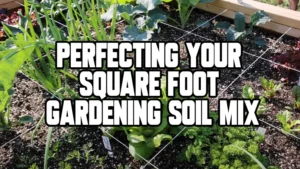

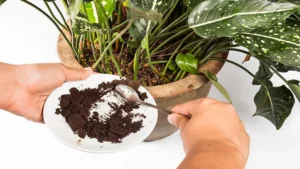




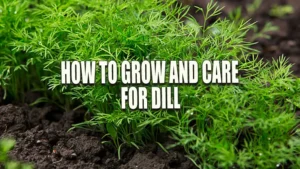
Leave your comment